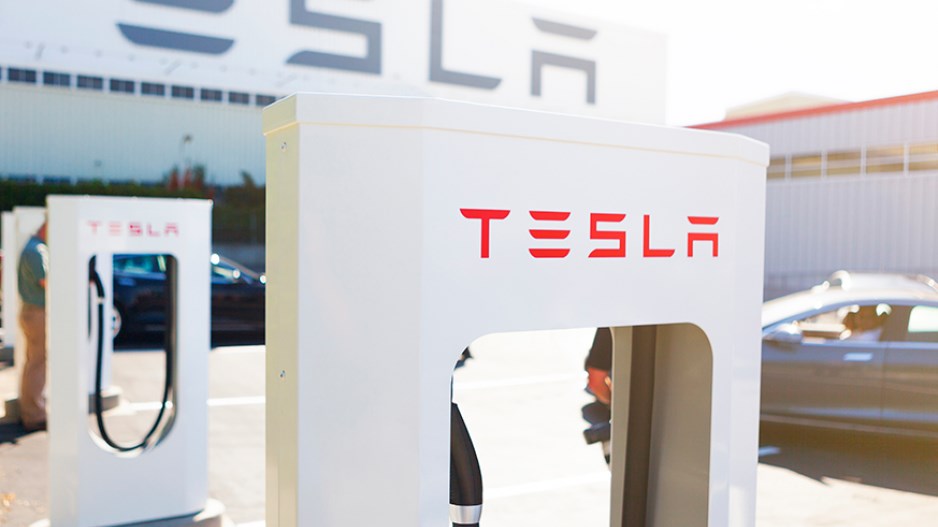Make mine millennial
This just in: millennials are set to turn traditional retailing on its ear. So stodgy merchants and other retailing stuffed shirts better pay attention real quick or be prepared to pay the price.
In case you hadn’t heard, the demographic born between the early 1980s and a couple of years after the turn of the century is starting to flex a lot of media and marketplace muscle.
A Forbes report pointed out this week that millennials, now America’s largest group of consumers with US$170 billion in walking around cash, are consequently changing the way major corporations market and build their brands.
Being tethered pretty much fulltime to mobile technology, millennials are big on brands like X-box, Apple, Sprint and Verizon.
The Forbes blog also notes that other millennial priorities include “a life of adventure,” social justice and authenticity.
Out our way, according to a Vancity survey, millennials are taking one for the team by being willing to live in smaller houses, spend less on recreation and delay home buying.
An ADP Canada survey released this week also assured other generations that millennials are now very optimistic about the stability of their jobs, more so than they were a year ago.
It turns out, however, that not everyone is concerned about millennials’ growing consumer might, their career aspirations, their social priorities or anything else they might collectively be or want.
Some non-millennial grouches now appear to consider them more annoying than baby boomers.
Consider, for example, this excerpt from Troy Media columnist Gavin MacFadyen, who opined that millennials are over-exposed and overindulged on pretty much every front: “Whether it is in their education or job requirements, their habits, wants and desires, it seems that corporations, institutions and governments are bending over backwards to accommodate every whim from this snivelling, self-important and both snotty and snooty generation.”
Liberal tongue lashing for Facebook
Speaking of millennials and mobile technology, Facebook bossman Mark Zuckerberg was weathering gale-force blowback from demographics with different needs and interests as he arranged a meeting in Facebook’s California HQ with Republican heavyweights and members of America’s conservative elite who claim his social media mega-giant is not the neutral conduit of “trending” news and information it claims to be.
According to a story in the Telegraph, the meeting followed allegations “that Facebook workers were asked to suppress U.S. conservative political news in its ‘Trending Topics’ column.”
The allegations have been denied, but Zuckerberg promised a full investigation into the “relevant teams” involved in the section, and, following the meeting with the dozen or so conservative leaders, said he hopes to “build trust” in Facebook’s integrity, presumably across the full political and demographic rainbow.
The real question here, however, is would the majority of Facebook information consumers be concerned that a monopolistic information aggregator that claims to be neutral is feeding them information from only one portion of a wide spectrum of ideas and opinions?
My money is on no, they would not.
Auto industry ethics in multi-car pile-up
Building trust continues to be a road less travelled in the global auto industry where Suzuki Motor Corp. became the most recent member of Car Cheats Unanimous.
Chairman and CEO Osamu Suzuki was front and centre at a May 18 press conference to eat humble pie following revelations that his company used the wrong methods for testing its cars’ fuel economy. As the Reuters story reported, Suzuki follows Mitsubishi Motors Corp., which likewise admitted to manipulating fuel economy data.
Even Tesla, the darling of tech innovation and low-carbon bible thumpers, took it on the public-relations chin during the past week following a report that one of its contractors had hired “more than 140 workers from Eastern Europe and paid them as little as $5 an hour to build a car-painting facility in California.”
That trio of revelations in turn follows Volkswagen’s financial judgment day in late April, when the German automaker reported a US$4.7 billion 2015 loss in part as penance for admitting to cheating on emissions testing in the U.S. Add to that bill a Financial Times report that Norway’s US$850 billion oil fund now plans to sue Volkswagen over the emissions scandal.
Driverless cars might be coming to a showroom near you soon, but that trend appears to have been pre-empted by a trend of leaderless corporations in the ethically-challenged global auto industry.




